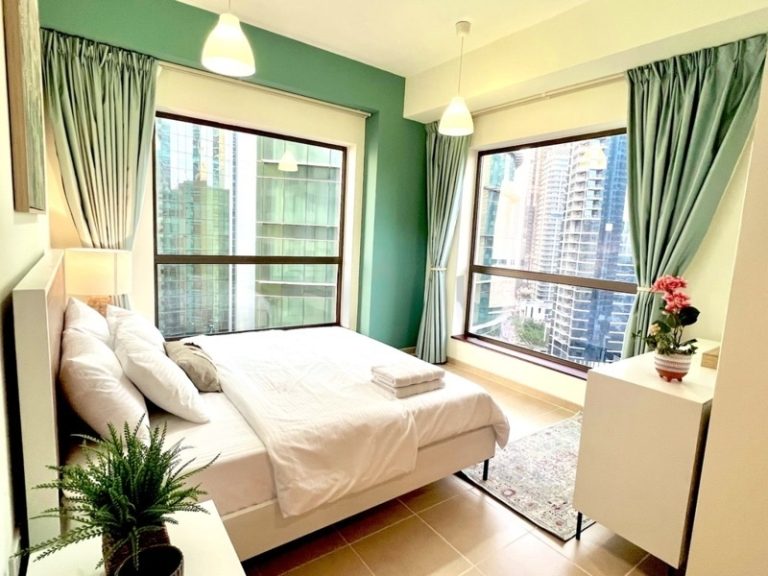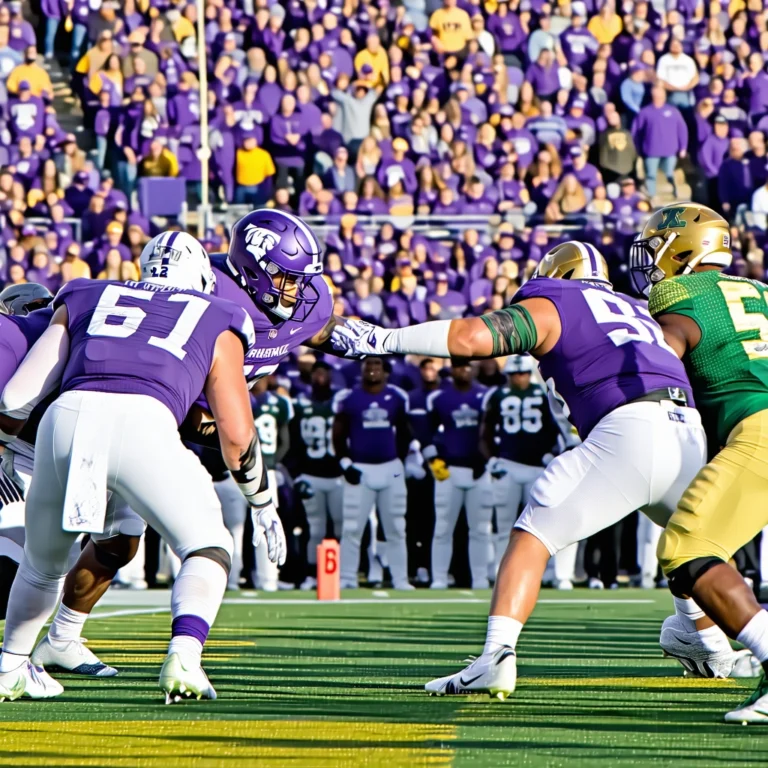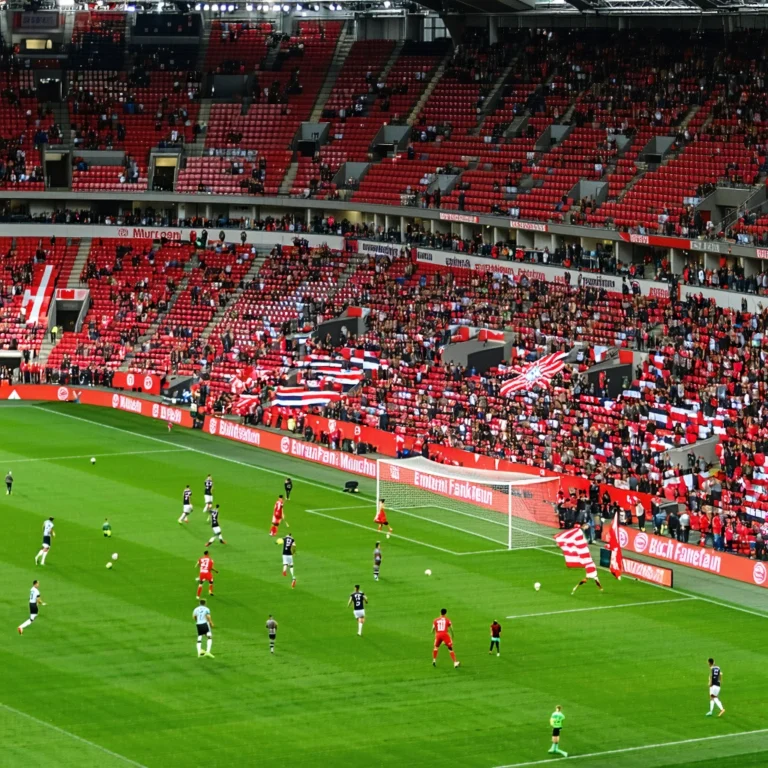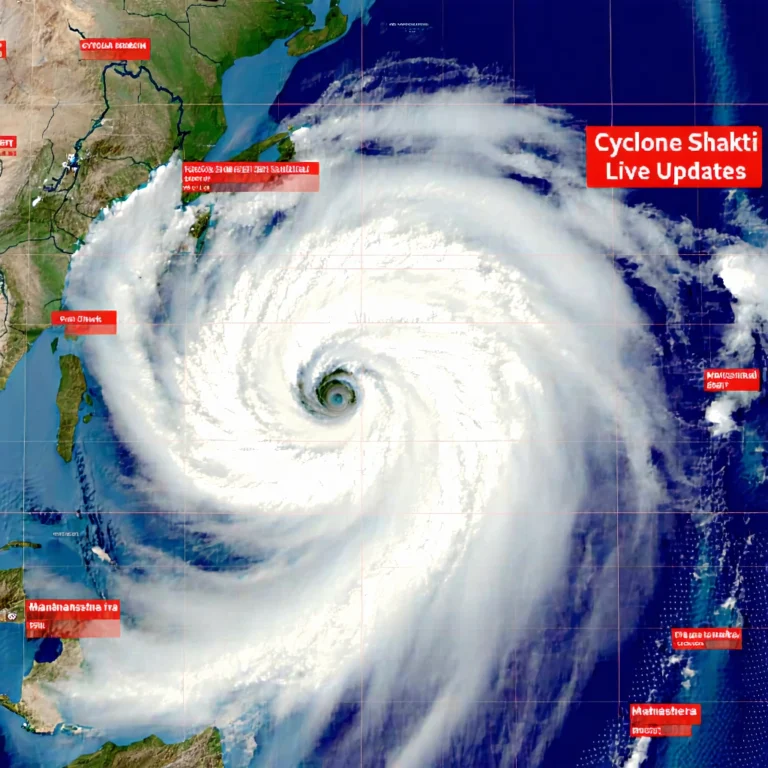it’s no wonder that people from all corners of the world flock to this desert metropolis seeking opportunities and experiences.
Whether you’re a newcomer or a long-time resident, understanding Dubai’s rental market is crucial for finding the perfect place to call home.
We’ll delve into the dynamics of the Dubai rental market, explore average rent in Dubai, and equip you with essential tips.

Average Rent in Dubai Rental Market:
Dubai rental market is known for its dynamic nature, influenced by a myriad of factors such as economic growth, population influx, and government policies.
Rental prices in Dubai are generally affected by factors like location, property type, amenities, and the overall state of the real estate market.
Perplexity and Burstiness in Dubai’s Rental Market:
Perplexity, which refers to the diversity and unpredictability of rental prices in various areas, is evident in Dubai’s rental landscape.
Different neighborhoods exhibit distinct rental trends, catering to diverse lifestyles and preferences.
The iconic Dubai Marina and Downtown Dubai might command higher rents due to their proximity to landmarks and entertainment hubs.
While areas like Jumeirah Village and Dubai Sports City could offer more affordable options.
Meanwhile, burstiness, which describes sudden spikes or drops in rental prices, is characteristic of Dubai’s fast-paced market.
Average Rent in Dubai:
As of our latest research, the average rent for a one-bedroom apartment in Dubai ranges from $1,300 (AED 4745) to $2,500 (AED 9125) per month.
Depending on the location and quality of the property.
You can easily find latest listing and pricing of the rental properties in all over the UAE by visiting.
Dubizzle.com is property buying and rental popular website in UAE.

Stick till the end and we will provide you more tasty information like this.
Two-bedroom apartments usually have rents between $1,900 (AED 6935) and $3,800 (AED 13’870) per month.
while larger properties with three or more bedrooms can cost anywhere from $2,700 (AED 9,855) to $6,000 (AED 21’900) per month.
It’s essential to note that these figures are subject to change based on market fluctuations.
It’s advisable to consult a reputable real estate agent or property website for the most up-to-date information.

Factors Influencing Rent Prices:
Several factors contribute to the variation in rental prices across Dubai.
Location remains one of the most significant factors, with proximity to central business districts, popular tourist attractions, and leisure facilities driving up the rental costs.
Additionally, properties boasting luxurious amenities, such as swimming pools, gyms, and concierge services, often command higher rents.
Furthermore, the overall state of the economy plays a crucial role in determining rental prices.
During periods of economic growth and stability, rental prices may rise steadily.
Conversely, economic downturns may lead to lower rents as demand decreases.
Tips for Navigating Dubai’s Rental Market:
Set a Budget:
Establish a clear budget before starting your search.
Factor in other expenses like utility bills, maintenance fees, and parking charges to get a comprehensive understanding of your monthly living costs.
Research the Areas:
Each neighborhood in Dubai offers a distinct living experience.
Consider proximity to workplaces, schools, medical facilities, and recreational areas when choosing a location that aligns with your lifestyle.
Consult a Real Estate Agent:
Engaging a professional real estate agent can be invaluable in navigating the market.
They have in-depth knowledge of the different areas, property availability, and the latest rental trends.
Negotiate the Terms:
Don’t hesitate to negotiate the rental terms with the landlord.
In some cases, they may be open to adjusting the rent or other lease conditions based on the rental market conditions.
Read the Lease Agreement:
Thoroughly read and understand the lease agreement before signing. Clarify any doubts and ensure that the terms are fair and align with what was discussed.
Conclusion:
Navigating Dubai’s rental market can be both exciting and daunting.
With perplexity and burstiness shaping the ever-changing landscape, it’s essential to stay informed and adaptable.
Knowing the average rent in Dubai and understanding the factors influencing prices can empower you to make an informed decision.
Remember to research neighborhoods, set a budget, and seek the guidance of a real estate professional to find the perfect place to call home in this captivating city of dreams.
Here are some FAQs which might help you find Answers fast:
Are rental prices in Dubai inclusive of utility bills?
Typically, rental prices in Dubai do not include utility bills. Tenants are usually responsible for paying utility charges separately, which may include electricity, water, cooling, and internet services.
Typically, rental prices in Dubai do not include utility bills. Tenants are usually responsible for paying utility charges separately, which may include electricity, water, cooling, and internet services.
How often do rental prices change in Dubai?
Rental prices in Dubai can change frequently due to the dynamic nature of the market. Factors such as seasonal demand, new property developments, and economic conditions can influence these fluctuations.
Rental prices in Dubai can change frequently due to the dynamic nature of the market. Factors such as seasonal demand, new property developments, and economic conditions can influence these fluctuations.
Is it common for landlords to request a security deposit?
Yes, it’s common for landlords in Dubai to request a security deposit, usually equivalent to one to three months’ rent. This deposit is refundable at the end of the tenancy, subject to the property’s condition and adherence to the lease terms.
Yes, it’s common for landlords in Dubai to request a security deposit, usually equivalent to one to three months’ rent. This deposit is refundable at the end of the tenancy, subject to the property’s condition and adherence to the lease terms.
Can I rent a property in Dubai as a foreigner?
Yes, as a foreigner, you can rent property in Dubai. The process is relatively straightforward, and many landlords and real estate agents are familiar with assisting expatriates in finding suitable accommodation.
Are there any rent control regulations in Dubai?
As of the last update, Dubai does not have specific rent control regulations. However, the Real Estate Regulatory Agency (RERA) oversees the property market and introduces measures to ensure stability and transparency in the rental sector.
As of the last update, Dubai does not have specific rent control regulations. However, the Real Estate Regulatory Agency (RERA) oversees the property market and introduces measures to ensure stability and transparency in the rental sector.





























